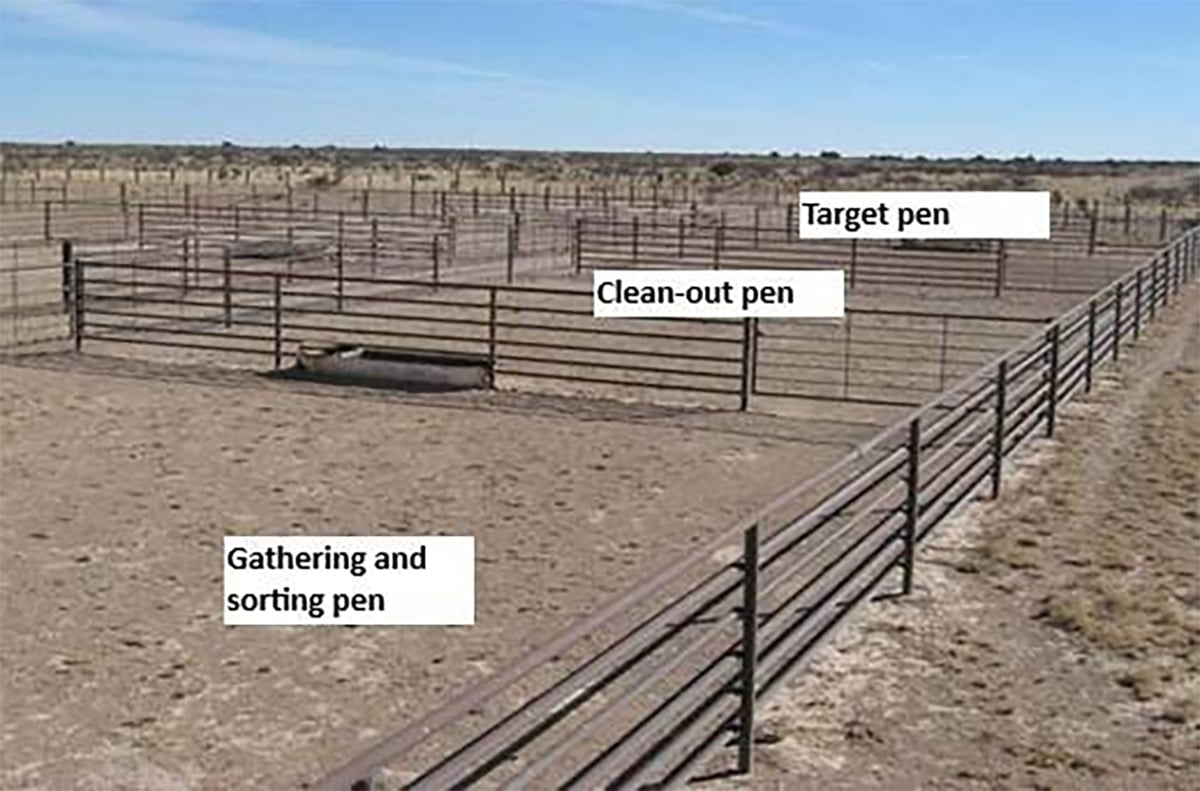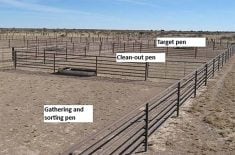It’s all gravel and girders right now, but the clinical unit of the University of Calgary veterinary school should be ready to welcome students and animals by September 2008.
The school is still working on North American accreditation this month but expects 30 Alberta students to begin classes in 15 months. More than half the faculty has been hired and a number of graduate students and post-doctoral fellows are working on research projects at the school.
Didsbury, Alta., veterinarian Gordon Krebs hopes this school relieves some of the stresses rural practices are feeling with too few vets and technicians available. He knows of 20 rural clinics looking for staff.
Read Also

Teamwork and well-designed handling systems part of safely working cattle
When moving cattle, the safety of handlers, their team and their animals all boils down to three things: the cattle, the handling system and the behaviour of the team.
“This program was basically producer driven to try and encourage large animal veterinarians,” Krebs said.
The only other school in Western Canada is his alma mater, the Western College of Veterinary Medicine in Saskatoon. Many worthy students are turned away because Alberta is only allowed 20 seats per year. The year Krebs applied, 400 Albertans sought places so many good candidates were lost.
“If 20 or 30 more kids come to school here and even if a fraction stays in general practice in Alberta, that is a relief,” he said.
Krebs’ clinic is busy year round and takes students each year to give them practical veterinary and business experience.
“In lots of ways our clients prefer to have our students looking at their animals. They are so happy to have somebody there with their good attitude,” he said.
The Calgary school approach is to work with Alberta veterinarians to provide the hands-on experience in a distributed teaching model.
Students receive academic training at the university and the clinical facility in northwestern Calgary, but real life experience will be gained by working with veterinarians around the province where they’ll learn competence and compassion.
“They’ll get a real hands-on life experience. We’ll place students in the heart of the action,” said dean Alistair Cribbe.
Known as the Distributed Veterinary Learning Community and Distributed Veterinary Teaching Hospital, the facility consists of institutions, government agencies, laboratories, animal industries and veterinary practices that will contribute to professional training in all species.
The first group of partners are the Animal Diseases Research Institute, Calgary Zoo, Olds College, University of Alberta Faculty of Agriculture, Simpson Ranching Ltd. at Cochrane and Alta Genetics Inc. at Airdrie.
The veterinary members to date are Associate Veterinary Clinics, Horizon Veterinary Group, C.A.R.E Centre Animal Hospital, Moore & Co. Veterinary Services Ltd., Western Veterinary Specialist Centre, all of Calgary; Feedlot Management Services of Okotoks; Frank Marshall Swine Group of Camrose; Krebs and Co. at Didsbury; Stettler Veterinary Clinic and Westlock Veterinary Centre.















